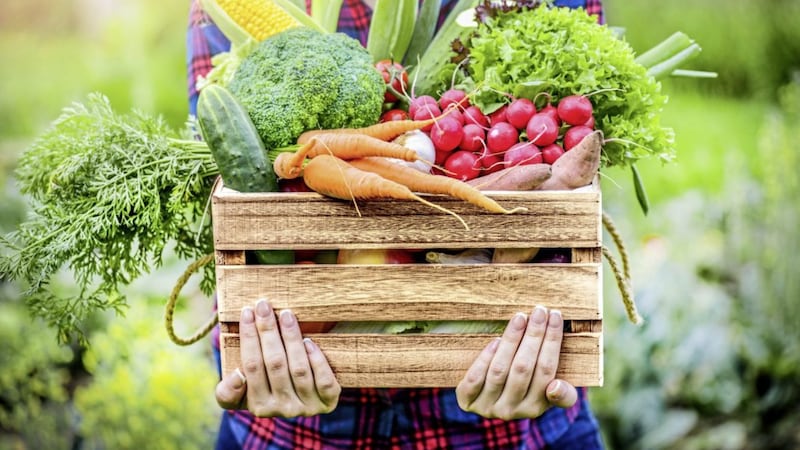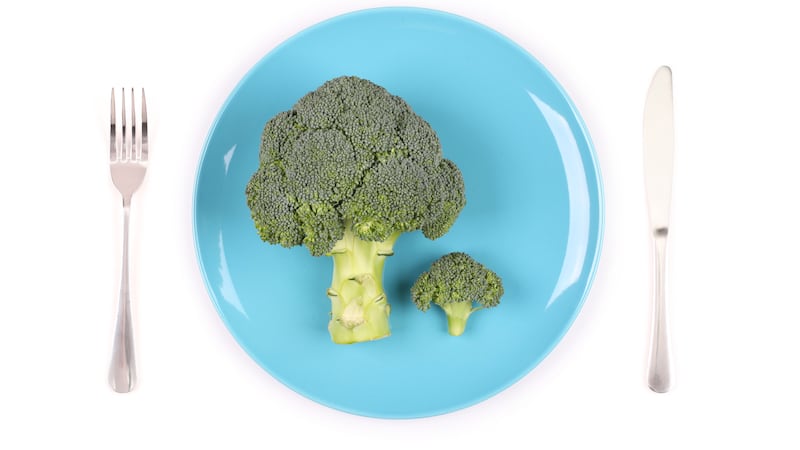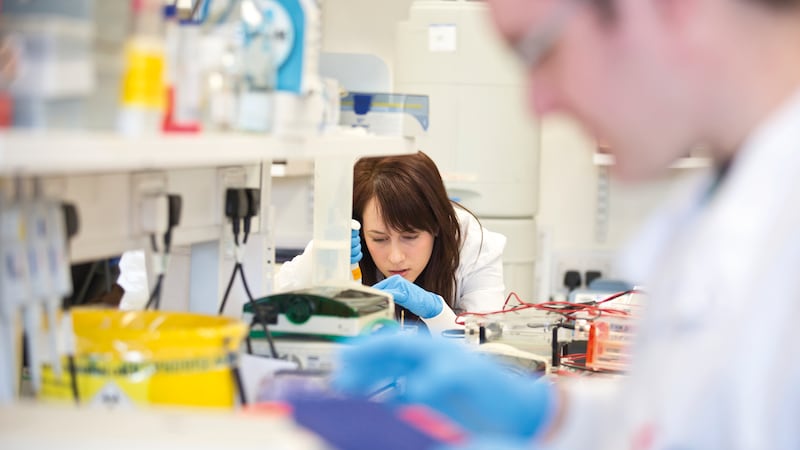FOR the last 20 months or so I have been behind a screen, delivering workshops and cookery demos to workplaces, community groups and others, so it was a real occasion to be at a real life event this week.
I was part of a conference hosted by Cancer Focus and it got me thinking about how much we take for granted when it comes to food and eating.
So much of our social life revolves around food and drink. Whether gathered around a kitchen table with your family at the end of a busy day, meeting a friend for coffee, or using food to celebrate birthdays, weddings, festive occasions or annual events, the food we eat is more than just a source of nutrients.
So when life throws a curveball and changes all of that, all of a sudden, it can be a challenge to know what to eat.
Much has been written about nutrition for cancer prevention, but after a diagnosis of any type of cancer, getting good nutrition into your body can mean exploring different ways of eating.
It can totally change your relationship with food and often can be a real challenge to find your way through the minefield of nutritional information (and misinformation) to make an informed choice about what and how to eat.
Of course, different cancers have different effects on the body, but cancer and its treatment can affect tastebuds and appetite and make healthy eating a bit of a challenge.
The amount of information available about nutrition and cancer can feel totally overwhelming, or a bit scary. All the things you are meant to avoid, all the 'superfoods' you are meant to start eating. No wonder there is so much confusion.
Eating well is an important way we can all support our health and wellbeing. If you have cancer, it can help by reducing some of the symptoms and side-effects of treatment, and by reducing the chances of your cancer returning, but there is no such thing as a 'one size fits all' when it comes to a diet following a cancer diagnosis. We all have different habits, tastes and lifestyles and what suits one person will not suit another.
Don't change everything at once. Some people will want a radical overhaul of their diet, but you do not need to do this. Start with the basics. Start with the foods you like and think about how you could add a little pop of nutrition into what you already like to eat. An extra portion of vegetables, a healthier snack choice or adding one of your five-a-day to your usually breakfast might be simple places to start.
Aim for at least five portions of colourful vegetables and fruit every day. Try to have a broad range each day. Use fresh or frozen and cook in different ways. Smoothies, soups, curries or stews can be a good way to pack lots of veg into your day.
Ask for help. Friends and family will want to help you, so let them. Ask them to cook a healthy meal for you. I bet they will be so happy you have asked.
Include some protein with most meals. This is especially important for repairing damage after surgery or cancer treatment. Beans, pulses, eggs, fish, lean meat, nuts and seeds, natural yoghurt are all good sources.
Wholegrains will give you a slow and steady supply of energy and keep you going for longer than white foods like white bread, white rice or white pasta, as long as you are able to tolerate these.
Go for full fats foods like Greek yoghurt, coconut milk, olive oil to get good quality calories into your body for energy and fuel.
Don't overload on sugar. Swap for lower sugar alternatives.
If you have a cancer diagnosis and are having any difficulty with your food, make sure your talk to a member of your healthcare team who'll be able to give you some individual advice.
There is also great advice online from cancer charities including macmillan.org.uk and cancerfocusni.org.








